Advertisement
2. Accumulating Credit Card Debt

Credit cards can be useful for building credit and managing cash flow, but they can also lead to significant debt if not used responsibly.
Why It’s a Mistake:
Advertisement
- High-Interest Rates: Credit card debt often comes with high-interest rates, making it challenging to pay off.
- Impact on Credit Score: High balances and missed payments can negatively affect your credit score, impacting future financial opportunities.
Expert Advice:
- Pay Your Balance in Full: Aim to pay off your credit card balance each month to avoid interest charges.
- Use Credit Wisely: Only charge what you can afford to pay off and avoid using credit cards for non-essential purchases.
3. Ignoring Emergency Savings
Life is unpredictable, and having an emergency fund can provide a crucial safety net when unexpected expenses arise, such as medical emergencies or car repairs.
Why It’s a Mistake:
- Unprepared for Emergencies: Without an emergency fund, you might have to rely on high-interest credit cards or loans in a crisis.
- Financial Stress: The lack of a financial cushion can add stress and affect your overall well-being.
Expert Advice:
- Start Small: Begin by setting aside a small amount each month until you build up an emergency fund of at least three to six months’ worth of living expenses.
- Keep It Accessible: Store your emergency fund in a savings account that’s easy to access but separate from your regular checking account.
Advertisement


